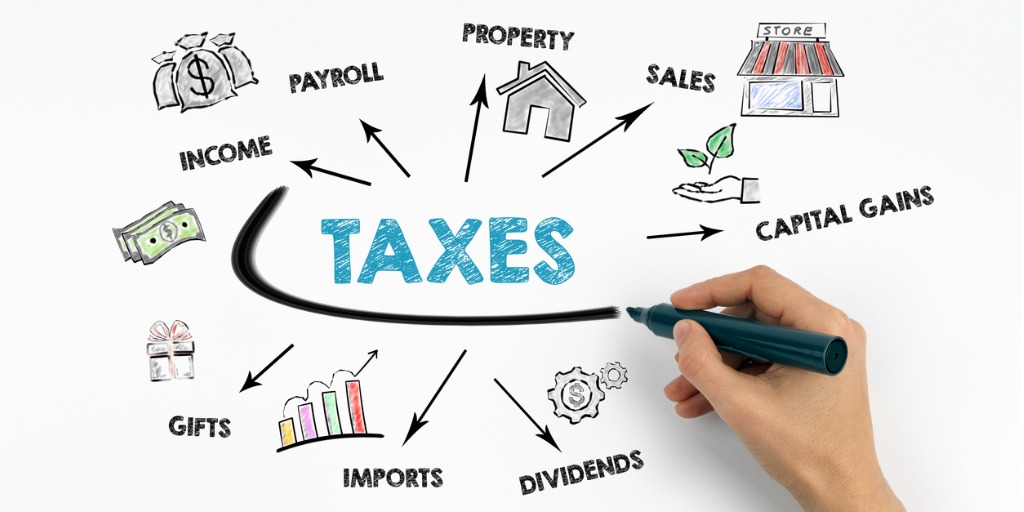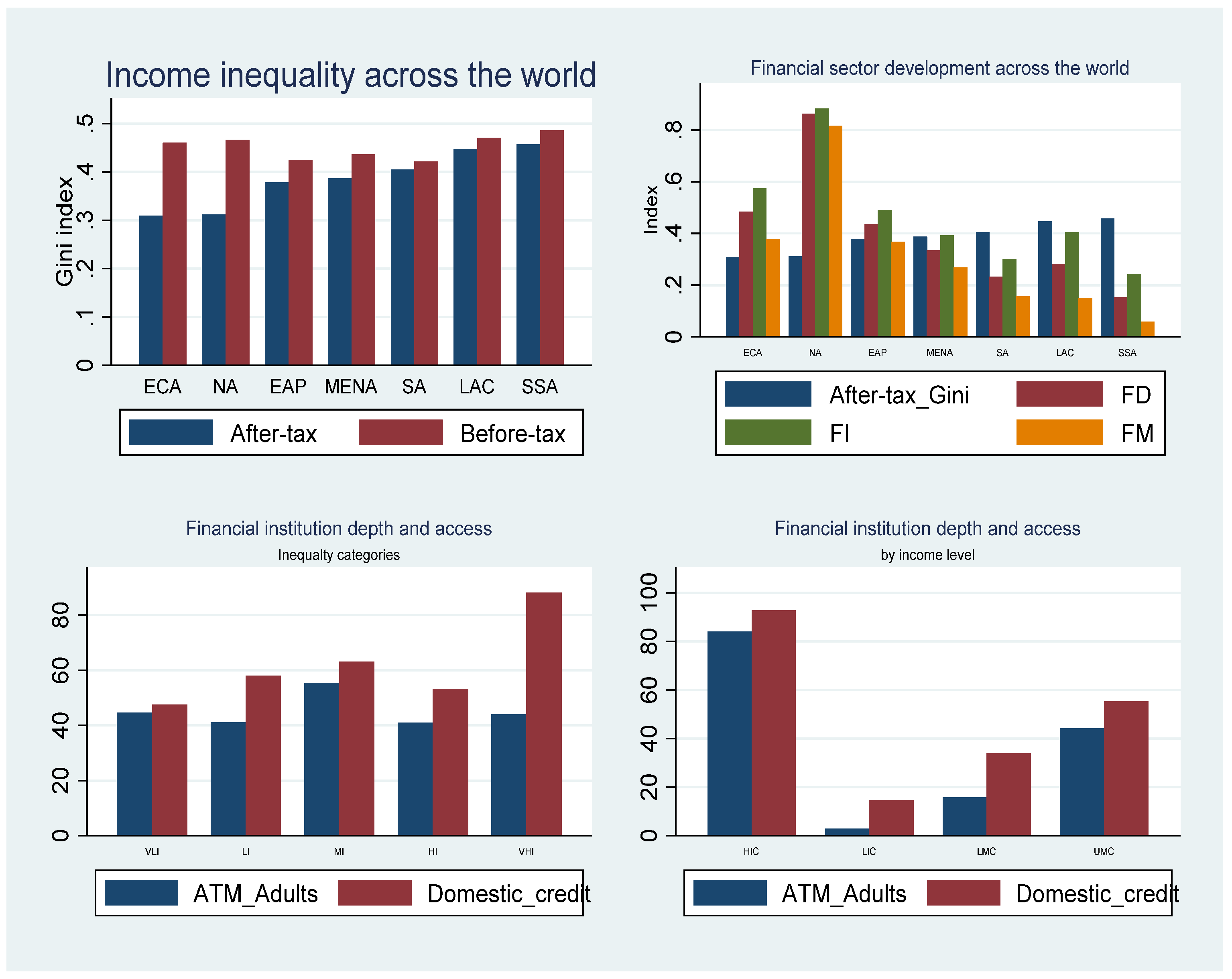The global economy has a profound influence on personal financial stability, dictating everything from the cost of living to investment returns. As economic conditions shift due to inflation, employment rates, or geopolitical events, individual financial health is directly impacted. Understanding the relationship between macroeconomic trends and personal finance is essential for making informed decisions. This guide explores the global economy’s dynamics, its effect on household budgets, and actionable strategies to navigate financial challenges.
Understanding the Global Economy
The global economy encompasses the interconnected markets and financial systems across nations. It involves trade, investment, and the movement of goods, services, and capital worldwide. Fluctuations in these systems have far-reaching effects on personal finances.

Key Components of the Global Economy
Several factors influence the global economy, including international trade policies, central bank regulations, and technological advancements. These elements collectively drive economic growth or recession.
Global Economic Indicators
Indicators like GDP growth, unemployment rates, and consumer spending habits provide insight into the global economy’s health. Monitoring these metrics can help individuals anticipate changes in their financial circumstances.
The Relationship Between Global Trends and Household Finances
Economic trends influence personal financial decisions in ways that are often subtle but impactful.
Inflation and Its Effects
Inflation, a consistent rise in prices, reduces purchasing power. As global supply chains face disruptions, essential goods and services become costlier, affecting household budgets.
Currency Exchange Rates
Fluctuations in currency values affect international travel, imports, and investments in foreign markets. A weak domestic currency can increase the cost of imported goods, straining personal finances.
Employment and Wage Growth
Global economic conditions influence job availability and salary trends. A downturn can lead to layoffs, while an expanding economy boosts employment opportunities and income levels.
Impact of Global Economic Events on Personal Finances
Major events, such as pandemics, wars, or trade agreements, reshape financial landscapes worldwide.
The Role of Recessions
Economic downturns lead to reduced consumer spending and job insecurity. During recessions, individuals often prioritize saving over discretionary spending.
Globalization’s Ripple Effects
While globalization fosters international trade, it also exposes individuals to risks like outsourcing and increased competition, which may impact job security and wages.
Energy Market Volatility
Fluctuations in oil and gas prices have a direct effect on transportation and utility costs. These changes trickle down to personal expenses, influencing budgeting strategies.
Strategies to Safeguard Personal Finances Amid Economic Uncertainty
Amid fluctuating economic conditions, proactive measures can protect personal financial health.
Building an Emergency Fund
Maintaining a savings cushion ensures financial stability during unexpected downturns. Aim for at least three to six months’ worth of living expenses in liquid savings.
Diversifying Investments
Spreading investments across asset classes minimizes risk. Include stocks, bonds, and alternative assets to weather economic volatility effectively.
Reducing Debt Levels
Prioritize paying off high-interest debts to free up resources for saving and investing. Lower debt levels also reduce vulnerability to economic disruptions.
Monitoring Economic Indicators
Staying informed about global economic trends allows individuals to adjust their financial plans accordingly. Subscribe to reliable financial news outlets and analysis platforms.
The Role of Technology in Managing Finances
Advancements in technology have empowered individuals to adapt to global economic shifts more efficiently.
Digital Budgeting Tools
Apps like Mint and PocketGuard help users track spending, set goals, and optimize budgets based on current economic conditions.
Online Investment Platforms
Fintech innovations provide access to diverse investment opportunities, enabling individuals to grow wealth even during economic uncertainty.
Cryptocurrency and Decentralized Finance (DeFi)
Emerging technologies offer alternatives to traditional banking, though they come with their own set of risks and volatility.
Long-Term Effects of Global Economic Changes
Global economic trends not only affect current financial situations but also shape future opportunities and challenges.
Impact on Retirement Savings
Market fluctuations affect retirement funds. A strong global economy supports higher investment returns, while downturns necessitate careful portfolio management.
Real Estate Market Trends
Economic conditions drive housing prices and mortgage rates. Rising costs may delay homeownership, while falling rates create opportunities for buyers.
Education and Skill Development
Globalization emphasizes the need for continuous learning and skill enhancement to remain competitive in an evolving job market.
Adapting to Regional Economic Variations
While global trends dominate, regional economic conditions also play a significant role in personal finances.
Localized Inflation Rates
Certain regions may experience inflation differently due to local supply-demand dynamics. Adapting spending habits to reflect local conditions can mitigate the impact.
Government Policies and Benefits
Regional policies, such as tax incentives or subsidies, directly affect disposable income. Staying informed about these programs can help optimize personal finances.
Industry-Specific Trends
The health of specific industries, such as tech or manufacturing, varies by region. Career choices should align with industries poised for growth in the global economy.
Leveraging Economic Opportunities
Despite challenges, the global economy also presents opportunities for financial growth.

Investing in Emerging Markets
High-growth regions offer potential for significant investment returns. Research and professional guidance are essential to navigate these markets effectively.
Remote Work and Global Income
Advancements in technology have enabled individuals to work for international companies, earning in stronger currencies and diversifying income streams.
Sustainable Investments
As sustainability becomes a global priority, investments in renewable energy and eco-friendly businesses offer long-term growth potential.
Conclusion
The global economy is a complex and ever-evolving entity that profoundly influences personal financial decisions. By understanding its dynamics, staying informed about trends, and adopting proactive strategies, individuals can safeguard and enhance their financial well-being. Whether through diversifying investments, leveraging technology, or adapting to regional conditions, managing personal finances in the context of a globalized world is both a challenge and an opportunity. Embrace these insights to navigate economic uncertainties and secure a stable financial future.

Leave a Reply